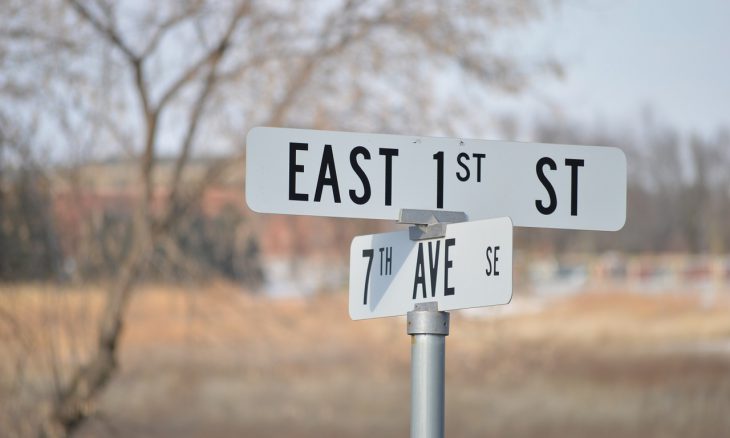Local Internet marketing is getting a fair amount of attention these days, and for good reason. People search for stuff to do, places to go, and things to buy on a local level, and they are increasingly turning to the Internet for the information they need. As a result, the SMB (small and medium business) is now having more pressure than ever placed on them to make sure that their local Internet presence is well thought-out and executed. With the usual lineup of options being beaten to death by the Internet marketing industry (including SEO, paid search, Facebook, Twitter, foursquare ad infinitum) the most important, and possibly most overlooked, piece of this puzzle is the Google Place Page.

Image by The Library of Congress via Flickr
I talk about this a lot because I can see how important this element of the SMB’s Internet presence is becoming. With the looming purchase of Groupon by Google (it is still just a rumor as of the writing of this post), the introduction of Google’s Hotpot review and recommendation offer and the shuffling of local search results (which in some instances is bordering on total reconstruction) the Google Place Page is front and center on Google’s list of important things.
So how does this importance play out in the real world of SMB owners and marketer who may not be able to stay abreast of the most current Internet marketing trends? It can certainly be confusing and daunting even to the most savvy SMB marketer. For that reason I want to look at one aspect of this whole tapestry that I call location marketing.
Location marketing is not to be confused with local Internet marketing. It is also most certainly not to be confused with location based services (foursquare, Gowalla, Loopt etc). In fact, location marketing with Google in particular is more of a niche play but one that needs attention.
In a previous post, I showed how a very specific long tail search inquiry can produce a Google one-box result that is prominently placed in the SERPs (search engine result pages). The search has nothing to do with a local need but rather a need in another city of in a place that could be considered just outside the realm of a local search but is still just an hour’s drive from the searcher. For the right product or service, an hour’s drive is nothing.
Confused? Here’s an example. I realize It’s extreme but it will make my point.
When it comes to health issues people will travel anywhere for the best treatment. They will ask friends, family and other associates about their options when it comes to a major medical concern like cancer. Often people will be given many different suggestions.
In this case, I am looking for the best cancer treatment option from Raleigh, NC. If someone says to me in a conversation that “I have heard that the Cancer Treatment Center of America in Philadelphia is the best place to go for help.” I would make a mental note then go home and do a search on Google for that exact phrase and get the following:

The prominence of that Place Page result is why SMB’s and businesses of all sizes must take care of these listings. Why? Well, a lot of people suspect that the Web site of the business they are researching is going to be friendly information. As these Place Pages become better known though users will turn them to for additional information and reviews.
Clicking on this Place Page doesn’t yield any reviews but it does reveal a page that has not been claimed or verified by the business and it also gives a nice list of competitors to that business!

What’s the point? Well, depending on the kind of business you have, Google Place Pages are not just about local Internet marketing. In fact, they are about location marketing. People can find your Place Page from anywhere in the world if they have put the city (or city and state) in the search query. As a result, this piece of the Internet marketing mosaic needs to be tended to and treated well. Unfortunately, most businesses are missing out on these opportunities with only about 10% of these Google Place Pages being claimed or verified.
So when you are thinking about your business, you need to consider how local the business is and you need to realize that your business is in a location. That location can produce a Place Page result from someone searching for your specific product and service from anywhere. Suddenly you are no longer a “local business” but rather a business that is a location to some and a local business to others.
All of this is to say that if you do not attend to every last option that Google offers when it serves up results in search (including Place Pages) you could be leaving opportunity on the table. At the end of the day, no business, no matter where you are located, wants to hear that.









